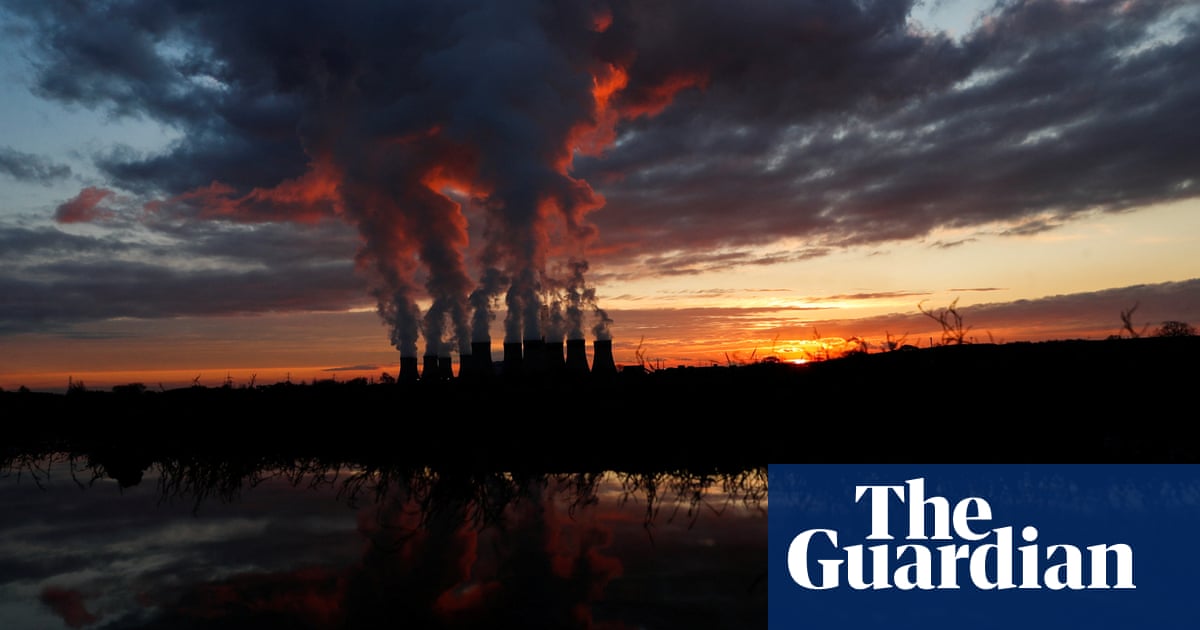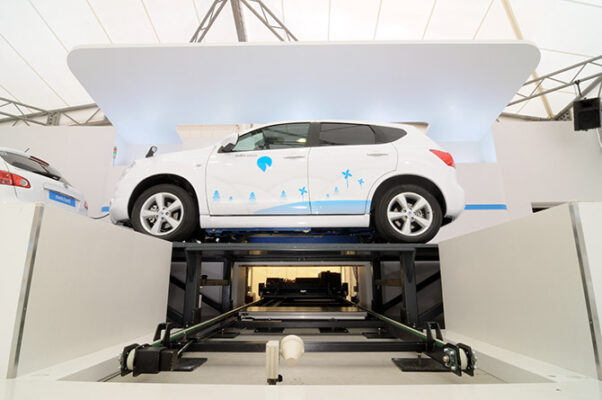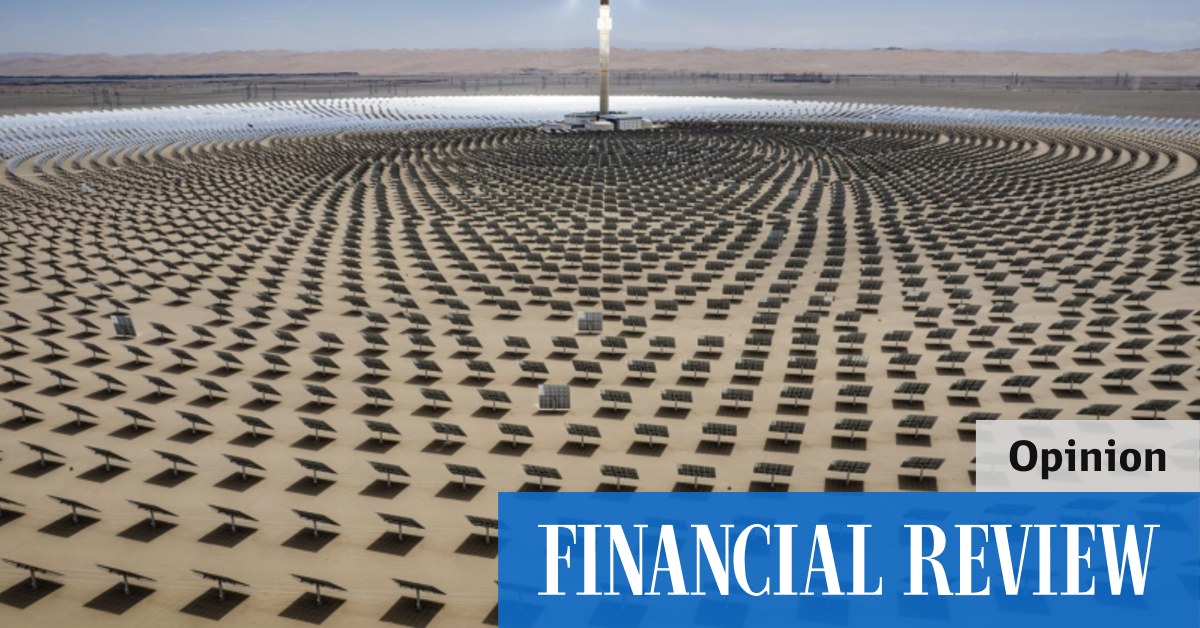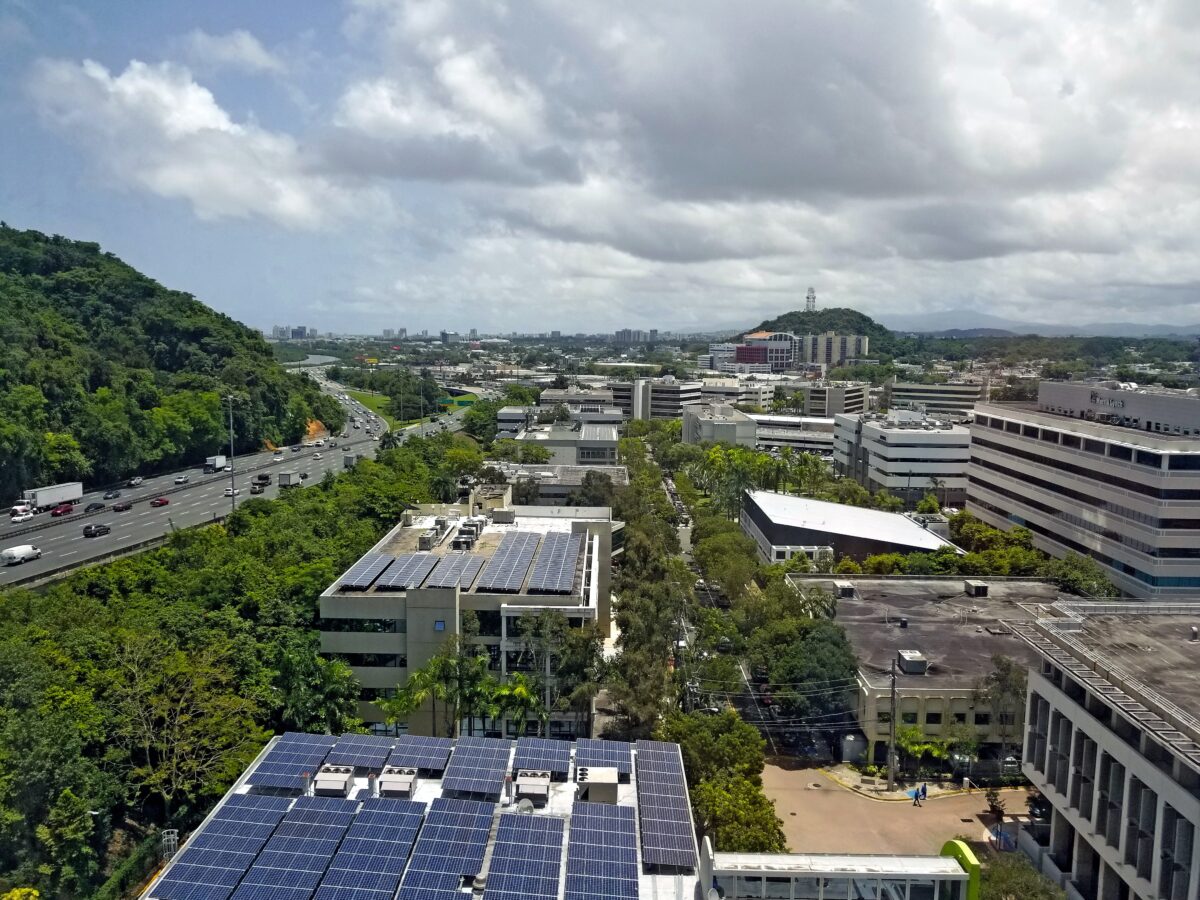Drax Group, the owner of the Drax power plant in North Yorkshire, has announced a £300m windfall for shareholders following a significant rise in profits. Boosted by taxpayer subsidies, Drax’s profits for the first half of the year exceeded £500m.
Surge in Biomass Subsidies and Renewable Energy Trends
The Drax power station, heavily subsidized for burning biomass wood chips imported from North America, generated nearly a third more electricity in the first half of this year compared to the same period last year. This resulted in Drax earning £393m in biomass subsidies. However, these subsidies have drawn criticism from climate campaigners who argue that biomass burning is unsustainable and could increase carbon emissions. Drax has received over £6bn in subsidies for its biomass operations, making it the UK’s largest single emitter of carbon dioxide.
Continued Support and Future Green Energy Developments
Drax, supplying about 5% of the UK’s electricity, is urging the government to extend the subsidy scheme, set to end in 2027, until the decade’s end. From 2030, Drax plans to seek subsidies for fitting carbon capture technology to its power plant, a project estimated to cost over £40bn. This initiative aligns with global energy market trends and has received backing from National Grid’s electricity system operator and the UK’s independent Climate Change Committee as vital for meeting the UK’s 2050 climate targets.
Financial Performance and Shareholder Rewards
For the six months ending in June, Drax’s adjusted earnings rose to £515m, up from £417m in the same period last year. The company projects continued profit growth in the second half, aiming to meet the top end of the City’s expectations for its full-year results. Alongside the £300m share buyback, Drax has pledged a 12.6% dividend increase, surpassing City analysts’ expectations and causing an 11% surge in its share price.
Environmental Concerns and Criticism
Matt Williams, a campaigner for Cut Carbon Not Forests and the Natural Resources Defense Council, criticized Drax’s reliance on subsidies and its environmental impact, stating, “It is unacceptable that this company is burning the world’s forests and making money hand over fist from environmental harm.” Simon Francis of the End Fuel Poverty Coalition also criticized Drax, calling for companies benefiting from the energy crisis to support vulnerable households and pay fair taxes on their profits.
Broader Energy Market Trends
In contrast, French energy company EDF reported a 15.7% rise in first-half profit to €18.7bn (£15.8bn), driven by increased electricity production from its nuclear and hydropower plants. EDF expects lower profits in the second half of the year due to declining energy market prices since the energy crisis.
This development highlights ongoing shifts and challenges in the global energy market, emphasizing the need for sustainable practices and policies in the pursuit of energy security and environmental responsibility.
Source: theguardian.com





